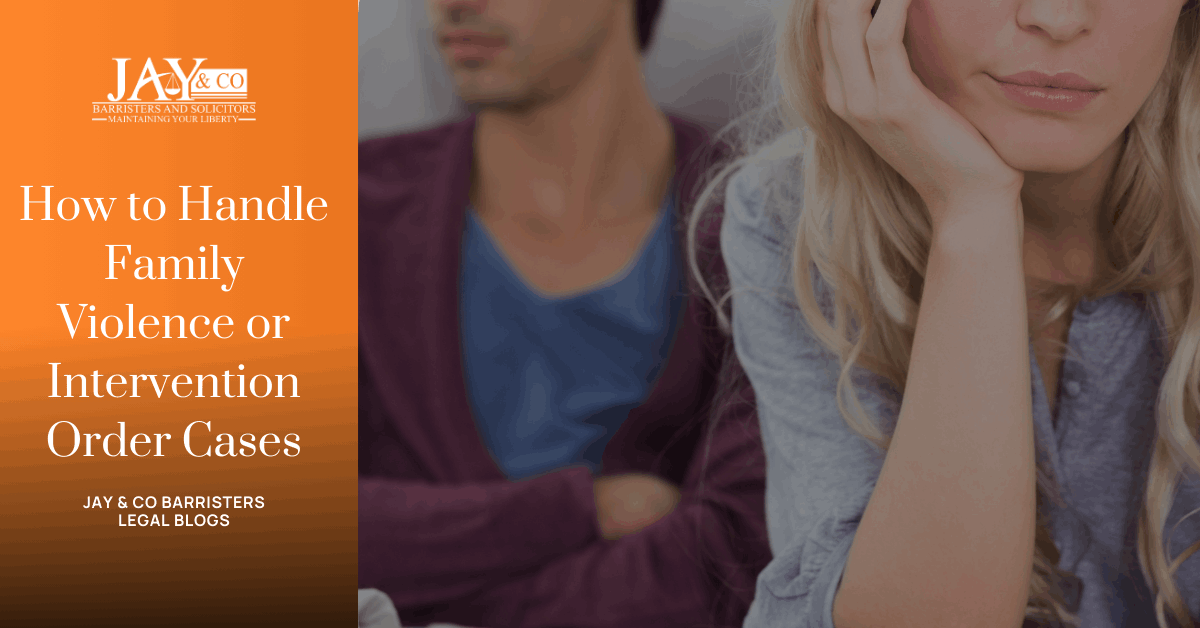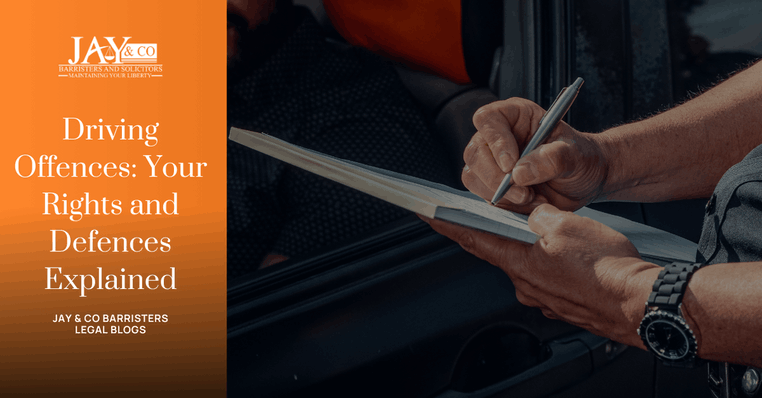Bail In Victoria
If you are charged with an offence and are being held in custody you can be released by providing an undertaking known as ‘bail.’ Your undertaking of Bail means you are promising to attend court at a later date, and may have other conditions attached to your bail such as (but not limited to) the surrendering of a passport, reporting to a police station, or the requirement not to contact or interfere with witnesses. Police may grant you bail at the police station otherwise you will be brought before a Court to determine whether you will get bail or whether bail will be refused. If bail is refused you will be held in custody on remand, in one of the police cells until your court date. If you require bail outside the court sitting hours then you will be brought before a Bail Justice who will then determine whether your bail should be granted or refused.
Committing Further Offences Whilst On Bail:
Summary Offence Whilst On Bail
If you have committed a summary offence whilst on bail, you or your legal representative can ask the police officer to include the summary offence with any previous offences you were previously on bail for so that it is all consolidated.
Indictable Offence Whilst On Bail
You will be charged with a separate offence, namely ‘committing an indictable offence whilst on bail’. You or your legal representative will have to reapply for bail and you will find yourself in a show cause position.
The Show Cause Dilemma
What Is The Show Cause Position In Relation To Bail?
If you are not in a show cause position in relation to your bail application then there is a presumption you will get bail and the responsibility is on the police to show that you are an unacceptable risk.
However when you are in a show cause position, it is up to you or your legal representative to show why your detention is unjustified. This is an extra element in the granting of your bail if you are found to be in a show cause position.
However in practice, you or your legal representative should not only show cause as to why your detention in custody is unjustified but also why you are not an unacceptable risk to society if you are granted bail.
How Can I Or My Legal Representative Show Cause?
Your case must be assessed according to its own facts for your individual circumstances. There is no set list or any specific factor, but a combination of facts may make a court more likely to find that you or your legal representative has shown cause.
Factors considered by a court to determine whether show cause has been shown include but are not limited to as indicated by the cases of Woods v DPP [2004] VSC1 and Re Magee [2009] VSC 384:
- Your background
- Your age
- Family stability
- Whether you have good prospects for rehabilitation
- Whether refusing bail will result in consequences that are out of proportion to the purpose of ensuring your attendance at trial or protecting the community
- Whether you have an undiagnosed or untreated mental illness
- Whether you are a first time offender or have previous convictions that are similar to the offences alleged in your current bail application
- Your risk of reoffending if bail were to be granted
- The seriousness of the alleged offence(s) in your current bail application
Exceptional Circumstances and Show Compelling Reasons Tests
The above information relating to show cause positions for bail are only relevant in situations where you have not committed an offence defined under Schedule 1 or Schedule 2 of the Bail Act 1977.
If you have committed an offence under Schedule 1, such as aggravated home invasion, aggravated car jacking or trafficking a commercial quantity of a drug of dependence as outlined under the Drugs, Poisons and Controlled Substances Act 1981; then you will find yourself in a position where you will be required to show exceptional circumstances as to why your bail should be granted. This is outlined under Section 4A of the Bail Act 1977. In considering whether exceptional circumstances bail exist, the surrounding circumstances must be taken into consideration. This can include your prior criminal history, the strength of the prosecution’s case, as well as other factors outlined under Section 3AAA of the Bail Act 1977. If exceptional circumstances are made out, the Prosecution then bear the onus of proving that the offender is still an unacceptable risk and should be refused bail.
If you have committed an offence under Schedule 2, such as causing serious injury intentionally, threats to kill or contraventions of certain Family Violence Orders; then you will find yourself in a position where you will be required to show compelling reasons to justify your grant of bail. This is outlined under Section 4C of the Bail Act 1977. Once again, the surrounding circumstances as defined under Section 3AAA of the Bail Act may aid your cause in showing compelling reasons as to why you should be granted bail. If compelling reasons are shown and the bail decision maker is satisfied that these reasons exist in favor of your grant of bail, the Prosecution once again bear the onus of proving that the offender is still an unacceptable risk and should be refused bail.
In all the circumstances, when considering the unacceptable risk test put forward by the Prosecution (even for show cause positions), factors such as endangering the safety or welfare of any person or committing an offence whilst on bail, may be argued by the Prosecution in support of a refusal of bail. These factors are outlined under Section 4E of the Bail Act 1977.
If you would like any more information or would like one of our expert lawyers to assist you at the police station please contact us anytime on 0403 297 655.



